By: W. Scott West, Medical Director
Veterans Day is our opportunity to honor our nation’s Veterans. It is a U.S. legal holiday dedicated to American Veterans. Armistice was declared on November 11, 1918, ceasing hostilities between Allied nations and Germany in World War I. Armistice Day was commemorated in many countries the following year, and Veterans Day became a federal holiday in 1938 “dedicated to the cause of world peace.” President Dwight D. Eisenhower signed legislation in 1954, renaming the federal holiday Veterans Day.
“The Veterans of our military services have put their lives on the line to protect the freedoms that we enjoy. They have dedicated their lives to their country and deserve to be recognized for their commitment.” — Judd Gregg, 76th Governor of New Hampshire
There are an estimated 19,541,961 living U.S. Veterans in 2020 from all parts of society, and they live and work in all areas of our community. In 2017, 7.6 million veterans served in the Gulf War, 6.3 million in the Vietnam Era, 4.3 million peacetimes only, 1.2 million in the Korean Conflict, and 400,000 in World War II.
“We must never forget why we have and why we need our military. Our armed forces exist solely to ensure our nation is safe so that each and every one of us can sleep soundly at night, knowing we have ‘guardians at the gate.'” — Allen West, Former U.S. Representative (R-FL 22nd District), Retired U.S. Army Lieutenant Colonel
Having been in the practice of psychiatry for over 30 years, I have seen many Veterans (some going back to World War I earlier in my career) and have heard about their experiences in service and as they returned to civilian life. The details are different, but the experiences are similar. My medical experience has focused on their mental health needs. I have seen that Veterans have the same issues as the rest of us, yet some clinical concerns are more prominent in the Veteran population.
According to a 2016 RAND Center for Military Health Policy Research report, 20 percent of Veterans who served in the Gulf War suffer from major depression or post-traumatic stress disorder (PTSD). 19.5 percent have experienced a traumatic brain injury (TBI). The National Institute of Drug Abuse reported that 25 percent of Gulf War Veterans showed signs of substance abuse and showed that in 2008 active duty and Veteran military personnel abused prescription drugs at twice the rate of civilians. 2.1 million Veterans received mental health treatment from the U.S. Department of Veterans Affairs between 2006 and 2010. According to the American Psychological Association, in 2005, 22 percent of Veterans sought therapy in the private sector. It is estimated that only 50 percent of Veterans who need help receive services.
Barriers to treatment that Veterans face include:
- Embarrassment about mental health needs and feelings of shame/weakness
- Logistical problems including travel distance and long waits
- Limited understanding of mental health problems and treatment options
Veterans return home with complex mental and behavioral health challenges.
- Suicide and suicidal ideation have become an increasing problem for Veterans and their families. Veterans are 1.5 times more likely to die by suicide than Americans who never served in the military. For female Veterans, the risk factor is 2.2 times more likely.
- According to the U.S. Department of Veterans Affairs, 11 to 30 percent of Veterans have suffered from PTSD.
- 413,858 service members have been diagnosed with TBI since 2000. 83 percent are considered mild cases.
- A 2014 study by the VA Palo Alto Health CARE System and Stanford University found that 11 percent of Veterans suffered from Major Depressive Disorder, with Vietnam Veterans being twice as likely as World War II or Korean Veterans. We know that two-thirds do not respond to their first antidepressant.
- Clinically, we see all of the above symptomatically intertwined.
Symptoms include mood struggles, cognitive difficulties, irritability, decreased focus, sleep difficulties, and death. People struggling with these often have relationship issues, job difficulties, and, as mentioned earlier, substance abuse.
“On this Veterans Day, let us remember the service of our Veterans, and let us renew our national promise to fulfill our sacred obligations to our Veterans and their families who have sacrificed so much so that we can live free.” — Dan Lipinski, U.S. Representative (D-IL 3rd District)
Fortunately, there are effective treatments in the VA system or in the private health system. The initial step is to access help. An evaluation is critical to determine if there is a diagnosis, and what treatment(s) might be indicated. Professionally, our obligation is to respond, and we do see improvement with treatment. Some treatment options include psychotherapies, numerous medications and neuromodulation.
Psychotherapies such as Cognitive-behavioral Therapy, Interpersonal Psychotherapy and Acceptance and Commitment Therapy have been shown to be helpful for depression, PTSD and TBI.
There are FDA cleared pharmacologic measures that can be used for major depression, including traditional antidepressants such as neurotransmitter reuptake inhibitors, which seem to be helpful in one-third to half of patients, and esketamine, which has some initial benefit when used with an antidepressant.
PTSD and TBI symptoms can be treated with various medications, including antidepressants and mood stabilizers, and other drugs off-label, including antihypertensive medications.
Transcranial Magnetic Stimulation (TMS) Therapy is helpful, and FDA cleared to treat depression that has not responded to a previous antidepressant medication. TMS Therapy is a non-invasive, medication-free treatment that aims not to manage the symptoms of depression like other treatments. Instead, its unique approach is designed to target the root cause of depression. TMS technology involves using an MRI-strength magnetic pulse to activate the brain cells in the prefrontal cortex, a part of the brain that is not functioning optimally in persons with depression. TMS Therapy is an outpatient procedure that is proven safe, effective, and capable of delivering a durable benefit, even if persons treated have not benefited from other treatments like medications and psychotherapy. It is well tolerated and has no systemic side effects typical of antidepressant medications. It has been studied off label as a treatment for PTSD and TBI and has been shown to decrease suicidal thoughts.
Most situations require a combination of these treatments and lifestyle adjustments to address physical activity, meditation and nutrition.
Beginning the process is essential, and there needs to be more effort to encourage our Veterans to reach out to access help. It is then our honor to work with those Veterans who have a need, remembering that they were there for us when they joined the military and, for that, they deserve our thanks and support.
This Veterans Day, give praise and appreciation to a Veteran, and if you know a Veteran struggling with mental illness, encourage them to seek professional help.


